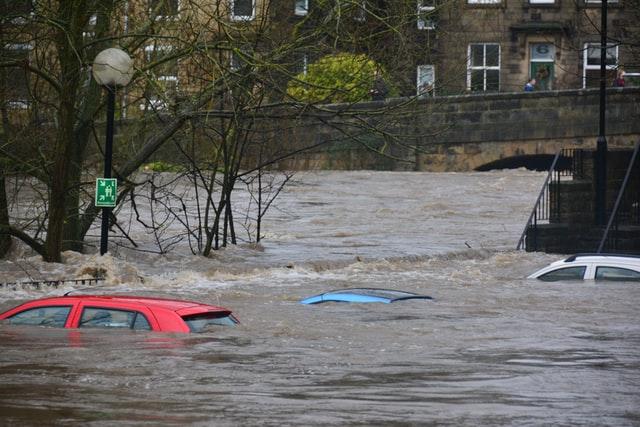In this talk, examples will be given of how novel technologies can be applied to reducing our greenhouse gas emissions, as well as helping us to forecast and manage some of the most dangerous repercussions of climate change such as extreme weather events.

About this event
Digital technologies such as big data, machine learning and the Internet of Things can help us to predict the impacts of climate change as well as supercharge decarbonisation. The orchestration of these novel technologies, so-called cyber-physical systems (CPS), provides further, synergetic effects that increase efficiency of energy provision and industrial production. In this talk, examples will be given of how these novel technologies can be applied to reducing our greenhouse gas emissions, as well as helping us to forecast and manage some of the most dangerous repercussions of climate change such as extreme weather events.
About the speaker:
Professor Markus Kraft is a Fellow of Churchill College Cambridge and Professor in the Department of Chemical Engineering and Biotechnology and the Director of Cambridge CARES in Singapore. He has a strong interest in computational modelling and optimisation targeted towards developing carbon abatement and emissions reduction technologies for the automotive, power and chemical industries. More recently, he has been working on cyber-physical systems employing time varying knowledge graphs with the aim to build large cross domain applications that help to reduce energy consumption and harmful emissions.
